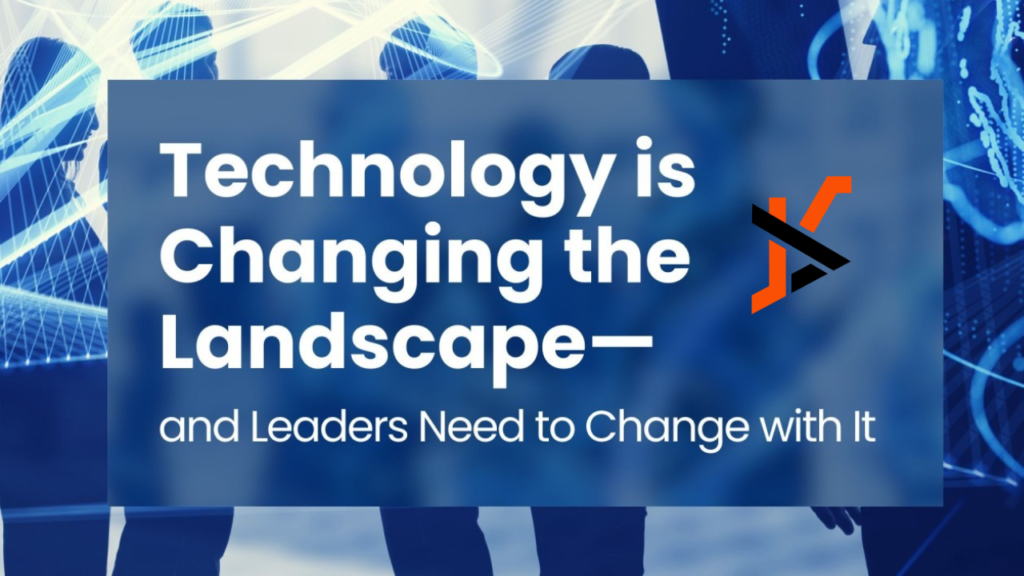The technological landscape has undergone seismic shifts over recent years, driven by rapid advancements in various domains. From the integration of artificial intelligence in everyday business processes to revolutionary changes in data management and communications technology, these developments are reshaping industries at an unprecedented pace. This article delves into these technological changes, spotlighting the role of emerging technologies such as Edge AI and their impact on the business environment.
Accelerated Digital Transformation
Cloud Computing Expansion:
Cloud technology has become the backbone of digital transformation, providing businesses with scalable infrastructure, enhanced flexibility, and significant cost efficiencies. Recent advancements have seen the cloud evolve beyond mere storage solutions to become platforms for sophisticated analytical and integrative capabilities, enabling more dynamic and responsive business models.
5G Deployment:
The rollout of 5G networks has marked a significant technological leap in communication. This new generation of wireless technology offers ultra-low latency, higher capacity, and faster speeds, facilitating more robust Internet of Things (IoT) implementations, enhanced mobile broadband, and the development of new applications in virtual and augmented reality.
Advancements in Artificial Intelligence
AI and Machine Learning:
Artificial intelligence, coupled with machine learning, has paved the way for smarter, more efficient operational tools that enhance decision-making and automation across various sectors. These technologies now drive major innovations in areas such as predictive analytics, natural language processing, and customer relationship management, transforming how companies interact with customers and manage data.
Automated Robotics:
In manufacturing and logistics, automated robotics systems have been significantly enhanced through smarter AI algorithms that allow for more complex tasks to be undertaken with greater precision and autonomy. These systems reduce human error, streamline operations, and improve safety in work environments.
Revolutionizing User Experience
Virtual Reality (VR) and Augmented Reality (AR):
VR and AR technologies have matured significantly, finding applications not just in gaming and entertainment but also in practical business contexts like training, remote work, and interactive customer experiences. These technologies are redefining user engagement and opening up new avenues for immersive learning and customer interaction.
Biometric Advances:
Biometric technology has seen significant innovation, particularly in security applications. Advanced facial recognition software, iris scanning, and fingerprint sensors not only enhance security but also streamline user authentication processes, offering a balance of accessibility and protection.
Sustainability through Technology
Green Technologies:
Recent years have seen a concerted push towards sustainability, with technological innovation at the forefront of this shift. Advances in renewable energy technologies, smart grids, and sustainable manufacturing processes are helping businesses reduce their carbon footprint and embrace cleaner, more sustainable operational models.
Circular Economy Tech:
Technology has also facilitated the rise of the circular economy. New recycling technologies, platforms for sharing resources, and systems for efficient waste management are enabling businesses to minimize waste and optimize resource use.
Short Section on Edge AI
Edge AI: Driving Immediate Insights and Actions:
Edge AI stands out as a pivotal innovation, particularly in how data is processed and utilized in business operations. By enabling data processing at or near the source of data generation, Edge AI significantly cuts down latency, reduces bandwidth usage, and enhances data privacy. This technology is crucial in scenarios where real-time processing and decision-making are essential, such as in autonomous vehicles, smart manufacturing, and real-time data security systems.
Conclusion
The recent technological changes represent not just iterative enhancements but foundational shifts that are creating new business paradigms. These innovations offer companies unprecedented opportunities to innovate, enhance efficiency, and meet the increasingly complex demands of modern business environments. As technologies like Edge AI continue to evolve and be integrated into various sectors, they promise to play a critical role in shaping future business strategies and models. Understanding and adapting to these changes is crucial for businesses aiming to remain competitive and innovative in an increasingly digitized world.

